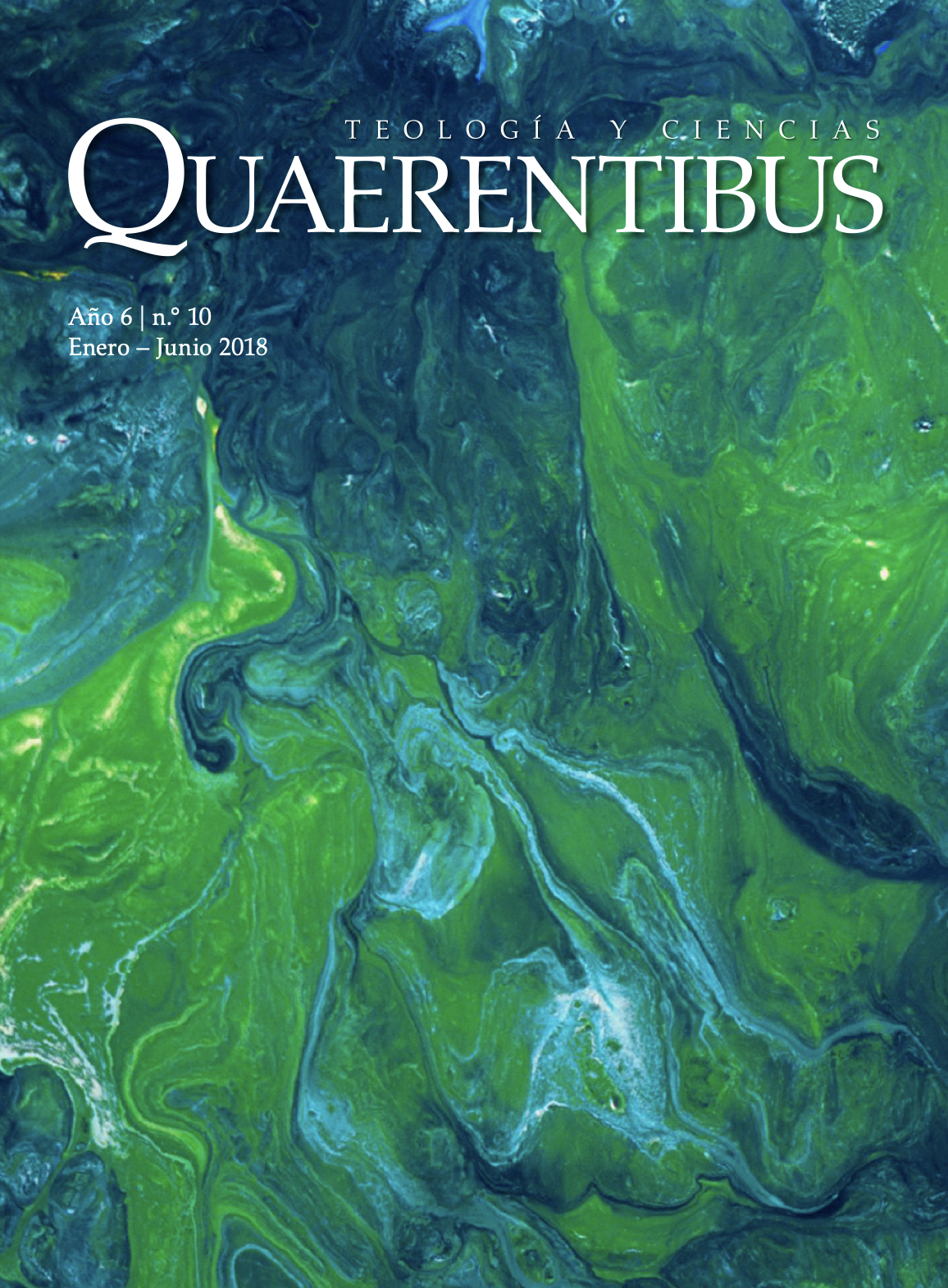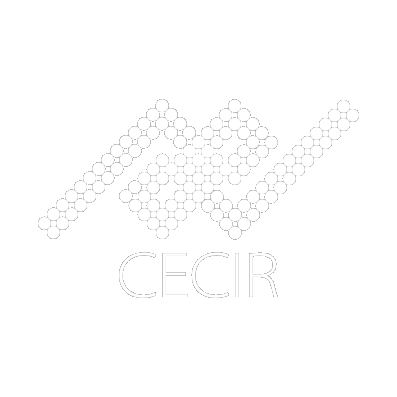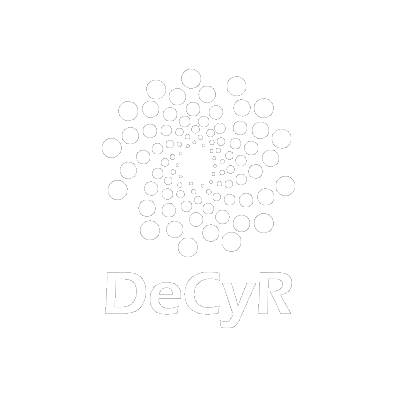La utilización de la lógica modal como estrategia pragmática en la presentación de la dignidad humana como principio filosófico de la Bioética
Keywords:
doxastic logic, principles, human dignity, liberalismAbstract
When teaching bioethics, it is quite common to emphasize on logical and argumentative issues. From that perspective, I’ve insisted to my students about the importance of principles, especially those which must be distinguished from theological principles. Nevertheless, when it comes to practice, it often doesn’t occur. The Human Dignity Principle (HDP), understood as the absolute respect for every single human being, appears to most people as a religious principle. That is the reason for considering Bioethics a religious theme. Of course, it is true that HDP appears like a “natural” consequence of being a creature of God. So if this is true, Modernity ought to reject the HDP, as an aftereffect of religious faith, thus disagreeing with secularized principles. Due to the mentioned statement, we have a relativistic view of Bioethics. Could it be DHDP principle nowadays exists as a rational and a non-religious principle? This paper aims to explore a modal version of the principle (In D4) in which we may show, thanks to the possibility and necessity modal categories, a strong and a weak sense of HDP in such a way that the rational discussion over that principle, appears admissible to people that do not accept the religious sense of the principle.




